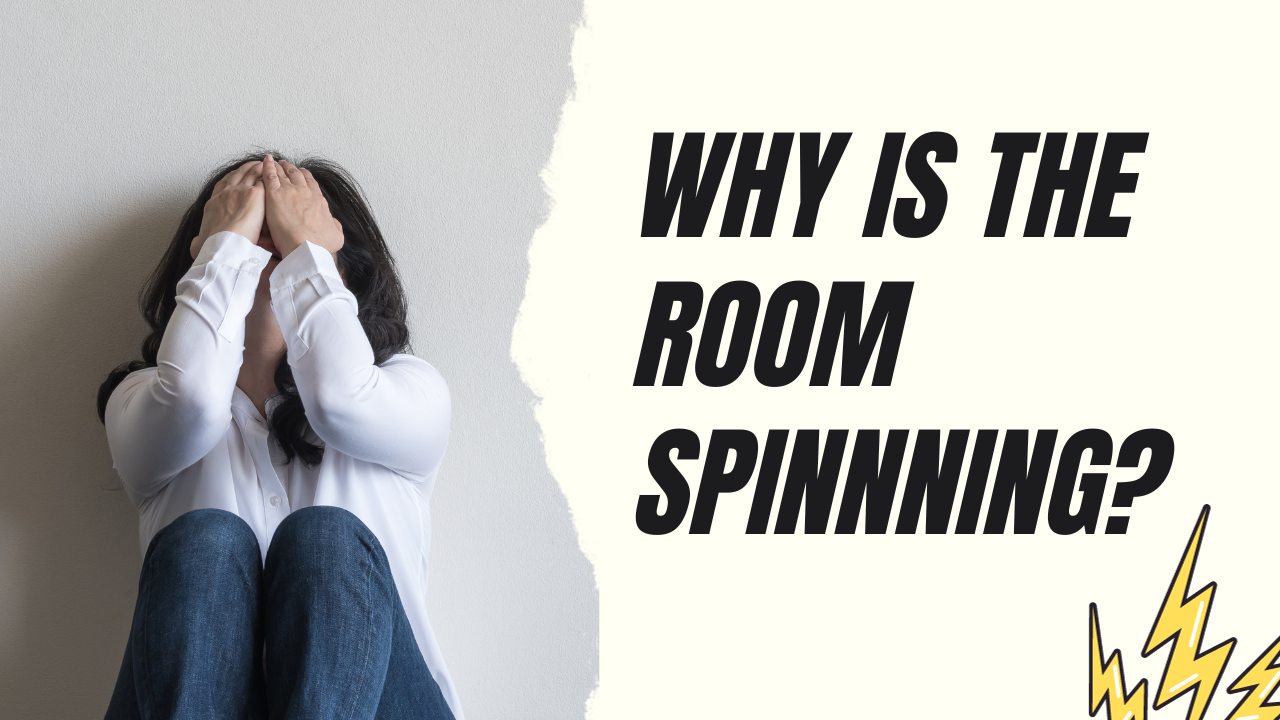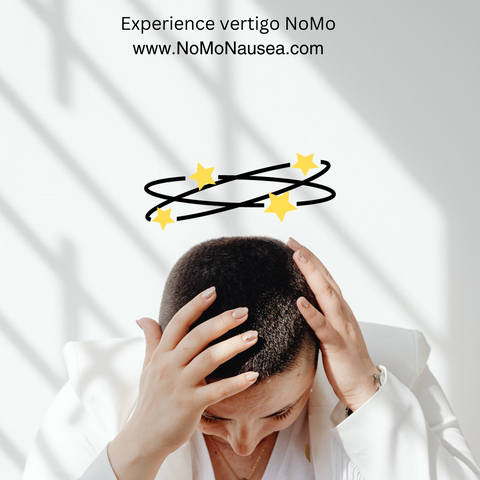
What is Vertigo? Causes and Remedies for Stationary Dizziness

What is Vertigo?
Vertigo is a disorienting and uncomfortable sensation that affects many individuals worldwide. A spinning or rotating feeling, dizziness, and a loss of balance characterize it. While vertigo can be a symptom of an underlying health condition or injury, there are also natural causes and preventative measures that can be explored.
What Causes Vertigo?
Unraveling Vertigo: What Causes This Dizzying Sensation?
Vertigo, a spinning and disorienting sensation, can be caused by various factors. Understanding the root causes of vertigo can help individuals navigate their way through this dizzying experience.
Inner Ear Issues
One common cause of vertigo is inner ear problems, such as benign paroxysmal positional vertigo (BPPV) or Meniere's disease. These conditions disrupt the balance mechanism in the inner ear, leading to episodes of vertigo.
Vestibular Migraines
Some individuals experience vertigo as a symptom of vestibular migraines. These migraines can cause vertigo, along with other symptoms like headache, nausea, and sensitivity to light and sound.
Vestibular Neuritis
Vestibular neuritis, an inflammation of the vestibular nerve, can also trigger episodes of vertigo. This condition typically occurs after a viral infection and can lead to severe dizziness and imbalance.
Preventing and Managing Vertigo
While vertigo can be a challenging condition to deal with, there are strategies for prevention and management. From lifestyle changes to medical interventions, individuals have various options for addressing their vertigo symptoms.
Lifestyle Modifications
Maintaining a healthy lifestyle, including regular exercise, a balanced diet, and adequate hydration, can help manage vertigo symptoms. Additionally, avoiding triggers like caffeine, alcohol, and stress can reduce the frequency and severity of vertigo episodes.
Physical Therapy
Physical therapy techniques, such as vestibular rehabilitation exercises, can improve balance and reduce dizziness associated with vertigo. These exercises help the brain adapt to the inner ear changes causing vertigo.
Medication and Intervention
In some cases, medications like vestibular suppressants or injections to the inner ear may be prescribed to alleviate vertigo symptoms. Surgical interventions may be necessary for severe cases of vertigo caused by structural issues.
FAQs About Vertigo
Q: Can vertigo be a sign of a more serious health condition?
A: While vertigo can be a standalone condition, persistent or severe vertigo episodes may indicate an underlying health issue like a vestibular disorder or neurological problem. It's essential to consult a healthcare provider for proper evaluation and diagnosis.
Q: Are there natural remedies for managing vertigo symptoms?
A: Some individuals find relief from vertigo symptoms through natural remedies like ginger, acupuncture, or certain herbal supplements. However, it's crucial to discuss these options with a healthcare provider before trying them.
Q: How does stress impact vertigo episodes?
A: Stress can exacerbate vertigo symptoms for some individuals, as it can trigger changes in the body's balance and equilibrium. Managing stress through relaxation techniques, mindfulness, and therapy may help reduce the frequency and intensity of vertigo episodes.
Buy the Best Motion Sickness Bracelet
NoMo Nausea is a 3 and 1 essential oil infused pressure bracelet that is clinically proven to stop nausea or vomiting in seconds. Imagine a life with a comfortable pregnancy, and enjoyable day at sea, a family fun car trip, or just a hangover free weekend? That's what NoMo Nausea bracelet can do for you. So say no more to your nausea or upset stomach.
You can find NoMo Nausea on https://nomonausea.com and get 25% off with the coupon PUKE25.

Dr. in Naturopathy answers
1. Natural remedies for vertigo management 2. Lifestyle modifications to prevent vertigo episodes 3. How stress impacts vertigo symptoms 4. Vestibular migraines as a cause of vertigo 5. Physical therapy for vertigo relief Explore the causes and remedies for stationary dizziness in this informative blog post, and discover more on managing vertigo symptoms at https://nomonausea.com/blogs/healthandwellness/what-is-vertigo-causes-and-remedies-for-stationary-dizziness.

